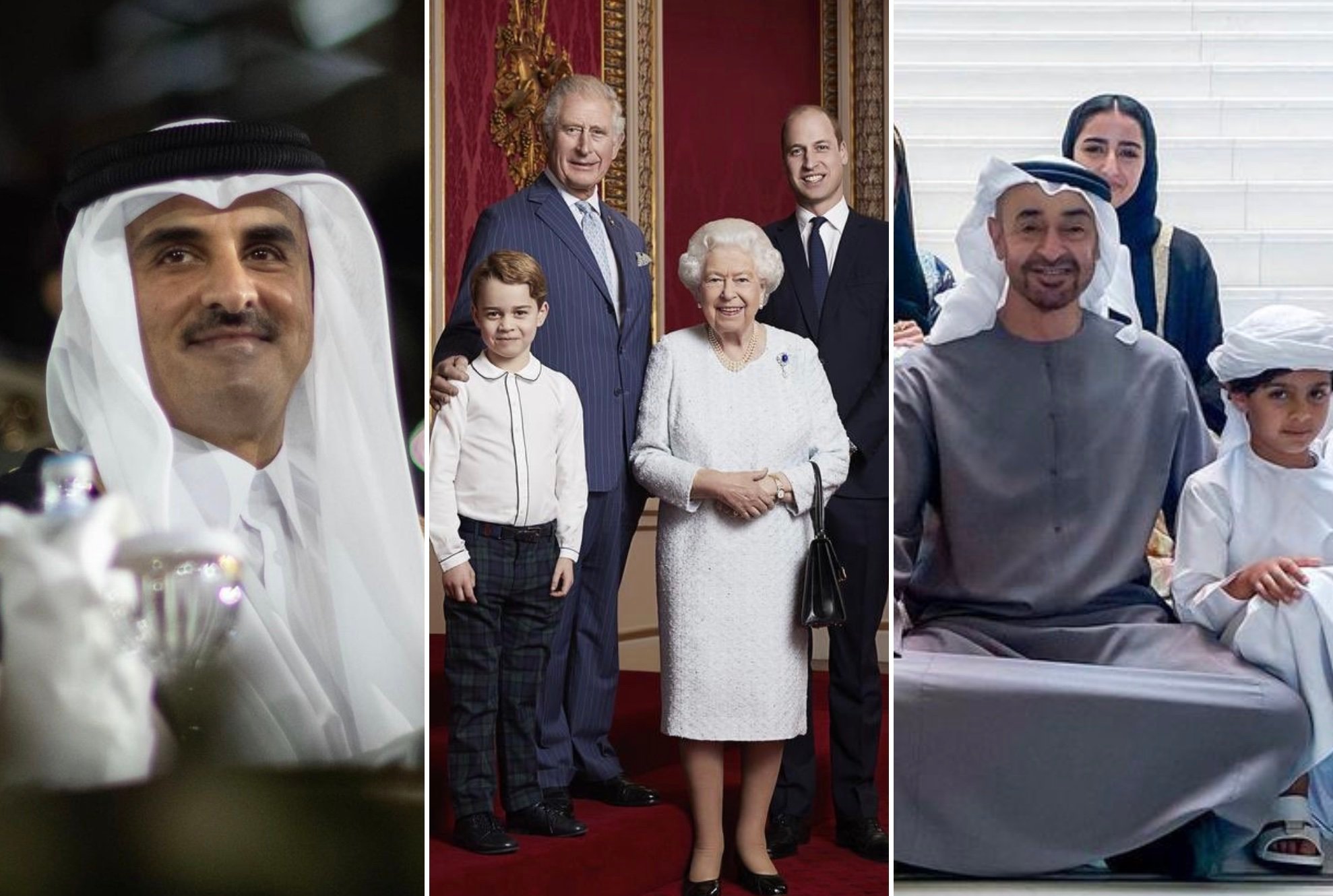University drop out to billionaire at 30: meet Dylan Field, the tech whizz who cut a US$20 billion deal selling Figma to Adobe, and compares computer programming to Harry Potter magic

- Adobe’s acquisition of Figma, dubbed ‘the Google Docs for design’, will make Field the richest alumnus of the Thiel Fellowship with a US$2 billion net worth
- Field once sold his CryptoPunk NFT for US$7.5 million, comparing the sale to a digital Mona Lisa on a Clubhouse talk show, which has also featured Elon Musk
Tech whizz and Brown University drop out Dylan Field likes to stay out of the spotlight, but that’s about to change: the 30-year-old has sold his design software company Figma to rival Adobe for US$20 billion, The Wall Street Journal reported. Field shared the news on Figma’s official website on September 15. “I believe we can reach this goal substantially faster through our plan to join forces with Adobe and leveraging their legendary team plus decades of expertise,” he wrote.
The report also noted that the rise of Figma, which Field co-founded with classmate Evan Wallace as per Forbes, was too fast by Silicon Valley standards. According to the publication, in 2018, the company was valued privately at US$115 million. Last year, in another fundraising round, it soared to US$10 billion, now doubled by Adobe’s deal. According to his LinkedIn, Field is currently based in Penngrove, California.
A child genius

Field was born to working class parents: his late father, Andy, worked as a respiratory therapist, while his mother, Beth, is a resource specialist teacher, according to The Press Democrat.
As an only child, Field already exhibited the makings of a future tech whizz at a young age. His father observed he was “a little bit weird” and noticed he was already solving algebra problems at six, per the same source. He recalled that Field was so bored in middle school that he hung out with a janitor “who was kind of a maths savant”.
He appeared in television ads for eToys and Windows XP

Field was into acting in his childhood, according to a Sequoia Capital profile. He performed in a local play and was soon successful enough that he would book commercial work. He appeared in eToys and Windows XP television ads, which would prefigure his tech career.
Field acknowledged that his stint as a child actor relates to how Figma works.
“That energy of play, of ‘yes-and’ in an improv sense – you really do want to enable that for people working in a collaborative space together,” Field told Sequoia Capital.
He compares programming to magic










